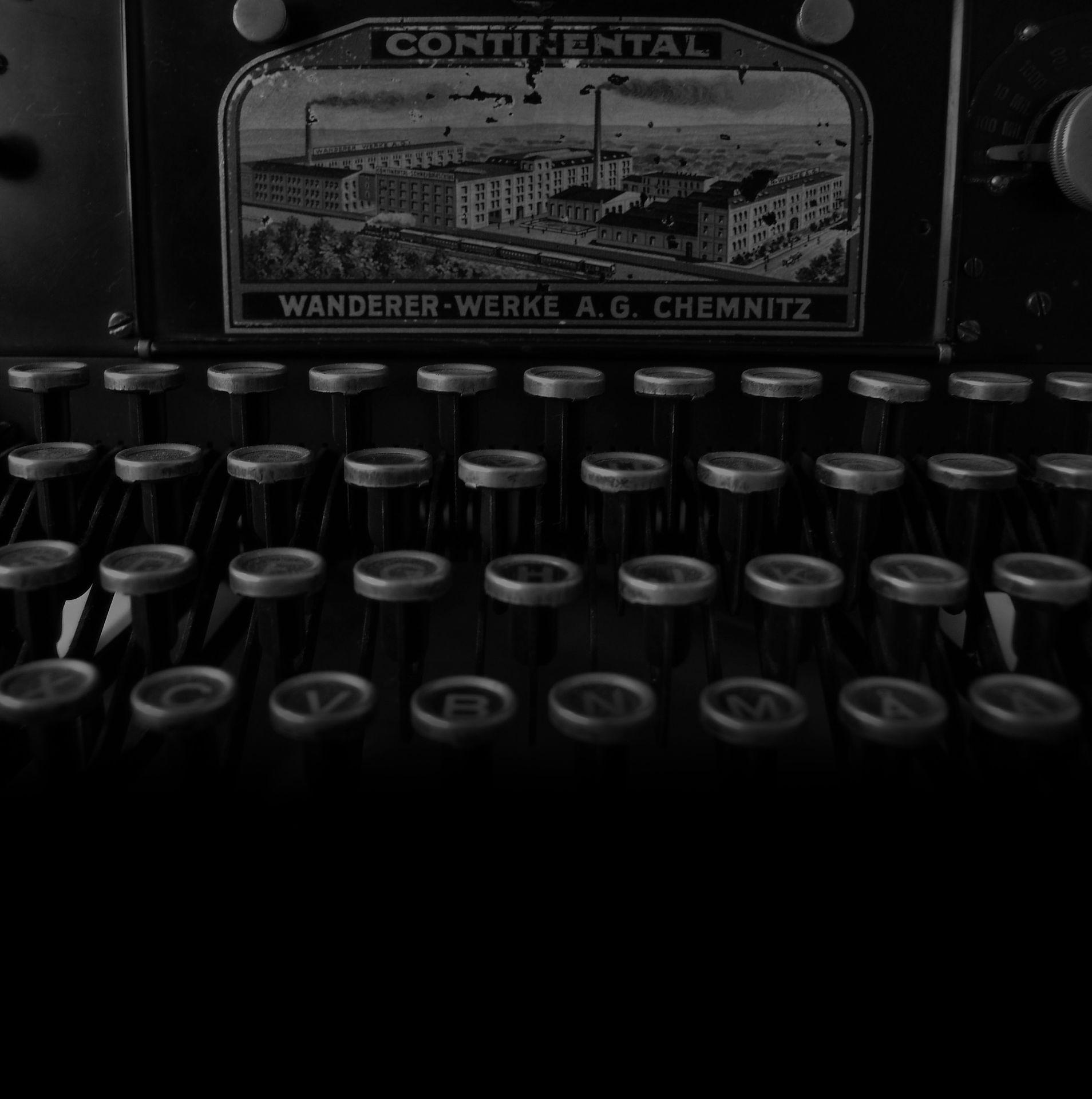Great Review of Detective
Just discovered a great review of Detective, ed. Barry Forshaw, which contains my chapter on Ian Rankin's DI Rebus, in TLS, March 11, 2016:

Literary Criticism
Barry Forsbaw, editor DETECTIVE 220pp. Intellect. Paperback, £25 (US $36). 978 I 78320 521 9 There is a strange parallel, in Western popular culture, between the rise of the fictional detective and the gradual diminuendo in widespread Christian belief. The sleuth - he who sees the truth of the world, who can make sense of the inexplicable, offer hope to the disconsolate and, in the writer Alison Joseph's words, provide "the epistemological lynch-pin" echoes, surely, the rote that might in earlier generations have been played by the priesthood. In the key tropes of the detective genre - in its cycles of punishment, confession and catharsis- there is something also of the mystery play and the pulpit. Despite the fictional crimesolver' s frequent flaws, he is often someone to whom the reader and even the author can aspire. Chief Inspector Jutes Maigret, for example, according to Jon Wilkins, "is the man his creator wished to be". Much of this is touched on in Barry Forshaw's contribution to Intellect Books' Crime Uncovered series. After a brisk introduction, this volume, edited by Forshaw, offers insights into a variety of twentieth- and twenty-first century iterations of the form. Crime fiction, he argues, is a genre that, while necessarily prescriptive, offers the possibility of "acute social critique". Although the surface pleasures of the detective story are considerable, the writers whom Forshaw has enlisted are at their most intriguing when discussing subtext. Barbam Pezzotti frames the highly popular character of lnspector Salvo Montalbano as an embodiment of "a contemporary Sicily where the Mafiosi are not feared and may be defeated, and where women are emancipated and assertive", while Forshaw himself argues that the dour Inspector Kurt Wallander's investigations dramatize "the fissures in the consensus regarding the Swedish welfare state" as well as discussing "the corrupt influence of Big Pharma and the ruthless prerogatives of multinationals, to people trafficking, to his country's barely disguised racism". The figure of the detective, a literary staple for more than a century-and-a-half, remains complex, shifting and fiercely modem. As Forshaw's book makes plain, it still has much to offer in its curious combination of the comforting and confrontational. JONATHAN BARNES























